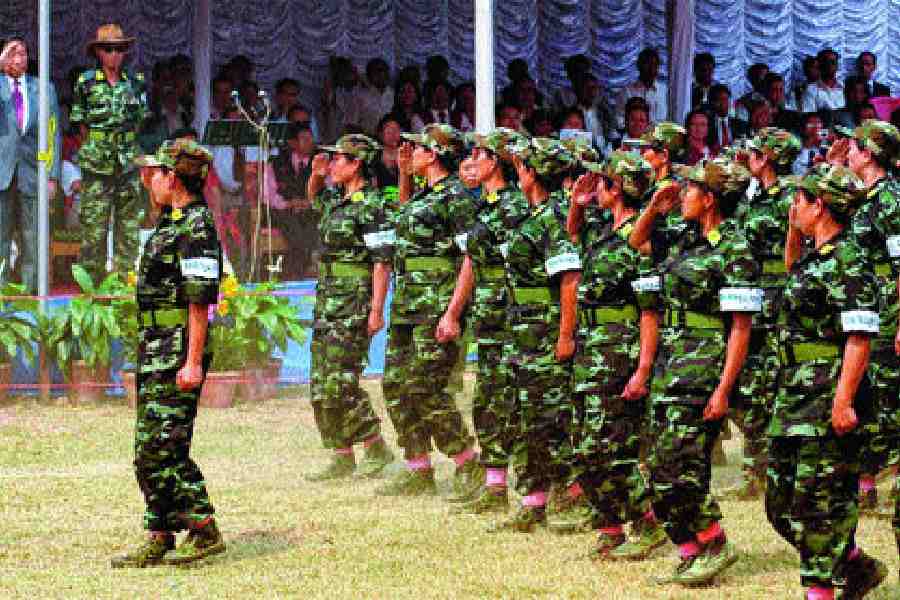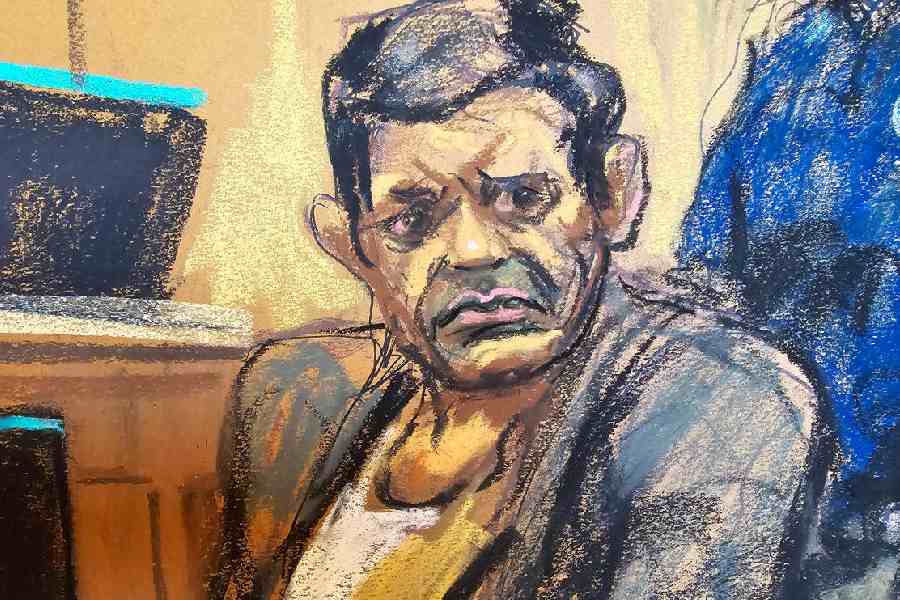The National Socialist Council of Nagalim (Isak-Muivah), the key Naga insurgent group engaged in peace talks with the Centre since 1997, is facing a potential split with Ikato Chishi Swu, son of the outfit’s founding chairman, announcing his decision to break away.
In a strongly worded statement published in a Nagaland-based media outlet on Friday, Ikato Swu, a steering committee member, said he had decided to join hands with two Myanmar-based rebel leaders — Lt Gen (retd) H. S. Ramsan and Lt Gen Absalom Raman — citing deep disillusionment with the current NSCN (IM) leadership.
“The virus of corruption has infected all organs of the NSCN/GPRN government because of mismanagement and the top leadership’s moral decay. The values my father stood for till his last breath have been compromised. After witnessing this state of affairs, I see no future or solution to the Naga issue under the present leadership,” he stated.
Swu’s departure, sources say, could have far-reaching implications for the stalled Naga peace process, particularly with the Centre unwilling to accept the NSCN (IM)’s long-standing demand for a separate flag and constitution, especially after the abrogation of Article 370 in Jammu and Kashmir in 2019.
In his statement, Swu also touched upon several key issues — from the group’s formation and the 2015 Framework Agreement with the Centre to the Centre’s alleged efforts to “demoralise and corrupt” NSCN cadres during the 28-year-long ceasefire. He accused senior NSCN leaders of engaging in “alcohol syndicates” in collusion with Nagaland politicians and enriching themselves at the expense of the movement.
He was particularly critical of former interlocutor and current Tamil Nadu governor R. N. Ravi, who he alleged “sabotaged” the peace process. “Talks were downgraded from the Prime Ministerial to governor level. Ravi set a deadline of October 31, 2019, for accepting a solution under the Indian Constitution,” he said.
Following the NSCN’s demand for Ravi’s removal, he was replaced by A. K. Mishra, who Swu described as “just a Government of India representative, not even an interlocutor,” and claimed the Centre was now merely “managing” the issue rather than resolving it.
Swu said he decided to switch sides to “save the organisation built by my father with his blood, sweat and tears” and to “finish the unfinished task he left behind.” Reports suggest Swu travelled to Myanmar last week with 20–25 loyal cadres.
Swu’s exit adds another layer of complexity to the fragile peace process involving the Centre, the NSCN (IM), and the Naga National Political Groups (NNPGs) — a coalition of seven Naga rebel outfits. The talks have long been stuck, mainly over symbolic and constitutional demands.









